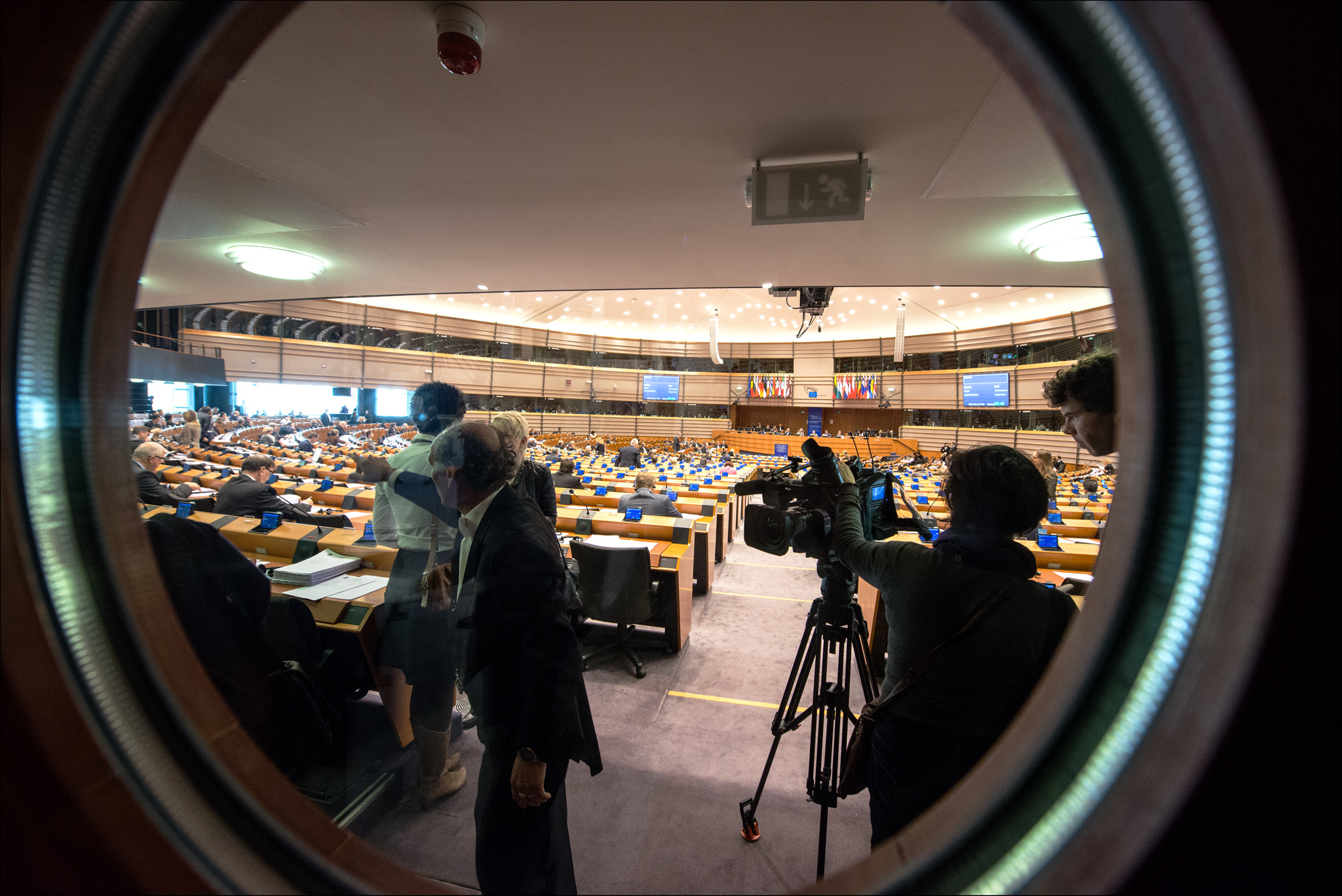Written by Tessa Tumbrägel
Parliament’s next plenary session takes place on Wednesday 25 March in Brussels. Even though the session is for one day only, the agenda will cover a wide range of subject areas from EU external relations to tax transparency to budget concerns. Whilst the 19-20 March European Council meeting will demonstrate what EU leaders want to see on top of the agenda, EU-Russia relations are likely to be one of the main issues feeding into the debate about how to build and secure an Energy Union, how to respond to violations of the Minsk agreement in Ukraine and how to approach the upcoming Eastern Partnership summit in May. Leaders will also talk about the first phase of the 2015 European Semester.
 Another rather broad issue on the agenda concerns the question of whether we should embrace a fundamental shift in European Neighbourhood Policy (ENP). On 4 March, High Representative for Foreign Affairs and Security Policy Federica Mogherini and Commissioner for European Neighbourhood Policy and Enlargement Negotiations Johannes Hahn launched a joint consultation paper on the future of the ENP, which is supposed to translate into a draft policy this autumn. With parts of the neighbourhood ‘in flames’ due to recent developments, the paper is supposed to frame a debate on how the current ENP approach could be improved, consulting as widely as possible both with partners in the neighbouring countries and with stakeholders within the EU.
Another rather broad issue on the agenda concerns the question of whether we should embrace a fundamental shift in European Neighbourhood Policy (ENP). On 4 March, High Representative for Foreign Affairs and Security Policy Federica Mogherini and Commissioner for European Neighbourhood Policy and Enlargement Negotiations Johannes Hahn launched a joint consultation paper on the future of the ENP, which is supposed to translate into a draft policy this autumn. With parts of the neighbourhood ‘in flames’ due to recent developments, the paper is supposed to frame a debate on how the current ENP approach could be improved, consulting as widely as possible both with partners in the neighbouring countries and with stakeholders within the EU.
Following the so-called ‘LuxLeaks’ scandal, MEPs are due to hear from the Commission on proposals for a more effective EU tax policy. As part of its agenda to tackle corporate tax avoidance and harmful tax competition in the EU, the Commission will present a Tax Transparency Package, adopted on 18 March, including a proposal to introduce the automatic exchange of information between Member States on their tax rulings. MEPs will also discuss the Annual Tax Report prepared by the ECON Committee which focuses on boosting the benefits of internal market through taxation policy, fighting tax fraud and promoting viable tax coordination.
Regarding budget issues, MEPs will discuss additional EU macro-financial assistance (MFA) to Ukraine. The country has significant short-term balance of payments problems and would need further assistance to support reform programmes and shore up investor confidence. Ukrainian authorities requested MFA from the EU of €2 billion in late 2014. In the light of these requests and the economic situation in Ukraine, the Commission is submitting a proposal to grant MFA to Ukraine of up to €1.8 billion in medium-term loans. Further on MEPs agendas is a vote on Member State applications for financial assistance under the European Globalisation Adjustment Fund. The fund provides additional support to workers suffering from the consequences of major structural changes in world trade patterns.
Votes are followed by a joint debate on minimum rates of pay in the transport sector, including an oral question from the EMPL Committee. How can EU and national law on employment conditions – and minimum rates of pay – be applied to workers in the transport sector when they work across borders? And what measures are appropriate to guarantee workers’ social rights?
A list of all material prepared for this Plenary Session: |








Be the first to write a comment.